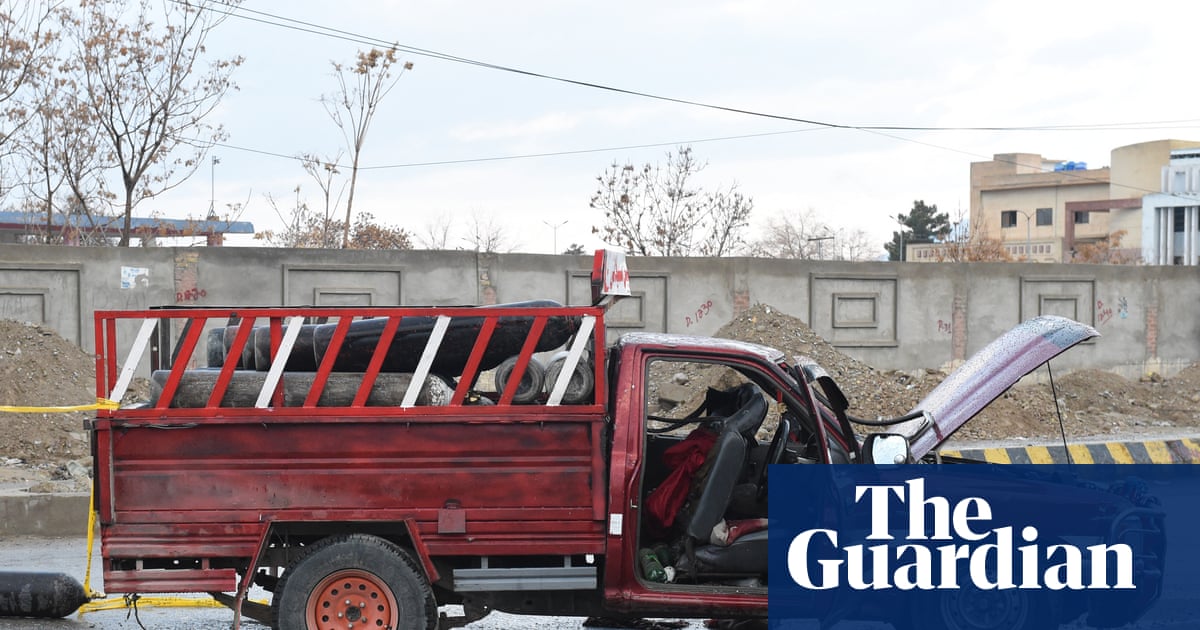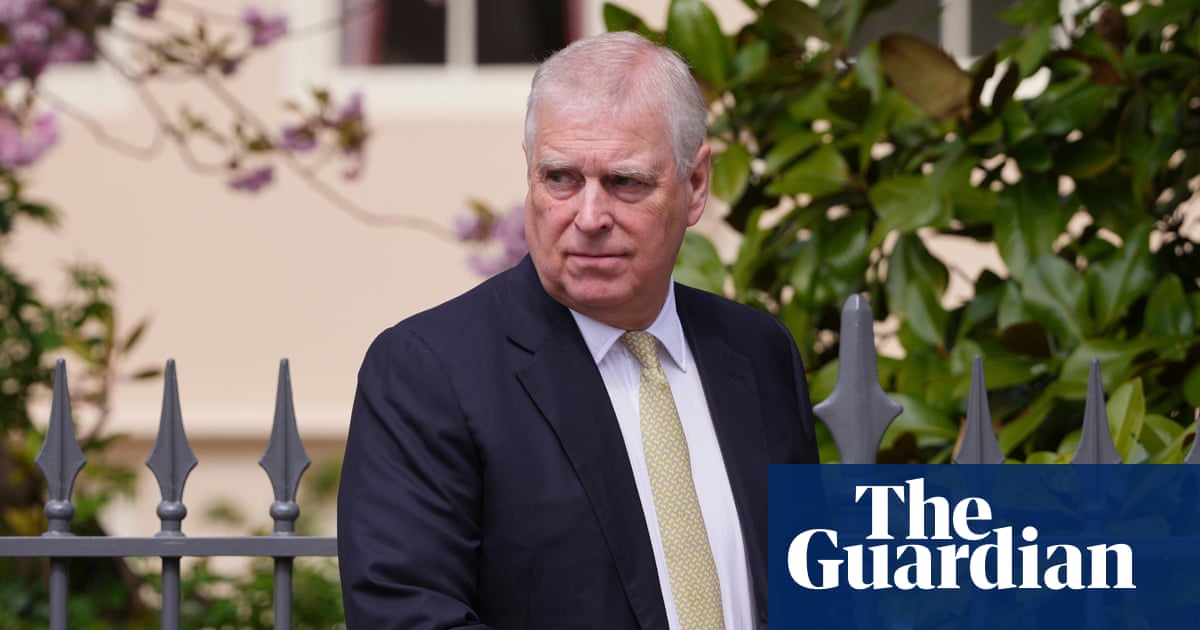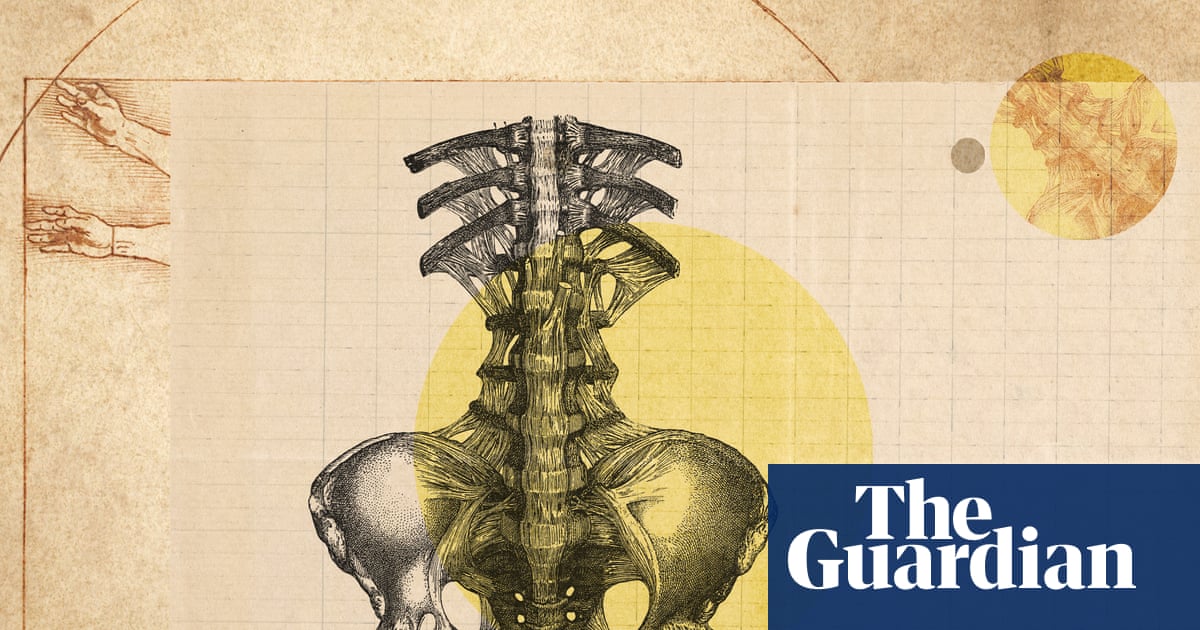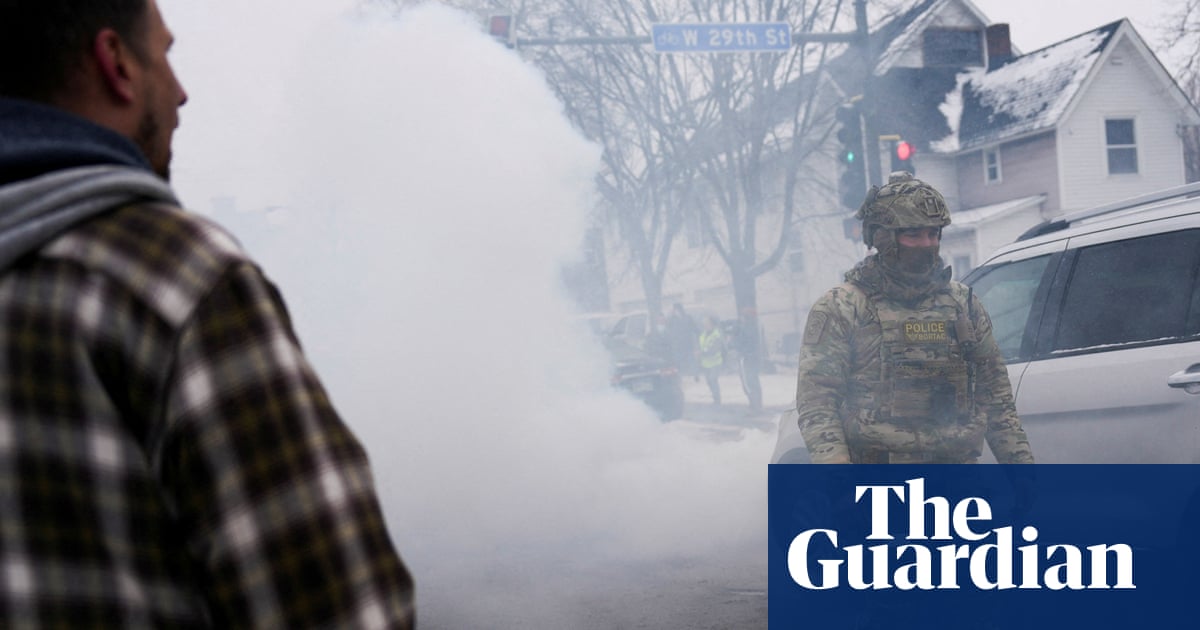A woman who accompanied her husband to an assisted dying clinic in Switzerland has been told she will not face charges.
Louise Shackleton, 59, handed herself in to police on her return from a Dignitas clinic after her husband’s death last December. North Yorkshire police said this week that although the Crown Prosecution Service concluded there was evidence of assisted suicide, it was not in the public interest to prosecute her.
In England and Wales, “assisting a suicide” is a crime with a maximum sentence of 14 years. A similar law is in place in Northern Ireland. There is no specific crime of “assisting a suicide” in Scotland, but it is possible that helping a person to die could lead to prosecution for culpable homicide.
Shackleton’s husband, Andrew, decided to end his life at Dignitas, in Zurich, six years after he was diagnosed with motor neurone disease.
She said his condition had deteriorated to the point where he would choke on his food. He considered options for ending his life and decided on an assisted death at Dignitas.
“It was his choice, his autonomy, how he died and when he wanted to die,” Shackleton told ITV Tyne Tees.
She sought advice before travelling to the clinic with her husband and handed herself in to police at Manchester airport last December.
“I had literally been crying for 24 hours and couldn’t see properly and could just see uniforms. It wasn’t actually police, it was Border Force, but they were absolutely brilliant with me. They were just so kind and compassionate,” she said.
After hearing that she would not be prosecuted, she said: “The worst thing in my life had already happened. There’s nothing anyone could have done to me to make anything any worse.
“But for my children, for my boys, it was lovely that I could give them that news that they didn’t have to worry about their mum any more.”
She told the Mirror: “I have had the excruciating pressure of a possible court case being brought against me.
“If my husband had taken his own life in this country the scenario would have been extremely different. I would not have been criminalised, I would have been supported … However if someone decides to take their life in a foreign country, the family member who is with them is automatically under suspicion.”
A North Yorkshire police spokesperson said: “This has clearly been a complex and sensitive investigation which has required detailed examination by the Crown Prosecution Service.
“Whilst they concluded the evidential test had been met regarding assisted suicide, it was decided not to be in the public interest to prosecute.”
Dignity in Dying, which campaigns for a change in the law to allow assisted dying for terminally ill adults, said the decision “comes as a significant relief to a grieving family. The trauma of a months-long investigation lays bare the cruelty of the status quo on assisted dying in the UK. No one should have to endure a criminal investigation for an act of compassion at the end of their loved one’s life.”
The House of Lords has begun detailed scrutiny of a private member’s bill to legalise assisted dying in England and Wales, brought forward by the Labour MP Kim Leadbeater. The bill passed its third reading in the Commons in June.
Dignity in Dying said: “The status quo is not neutral, it is actively harmful. It forces dying people to travel abroad to seek a dignified death and leaves their loved ones facing police interviews, investigations and legal uncertainty at the very worst time in their lives.”

 3 months ago
85
3 months ago
85

















































